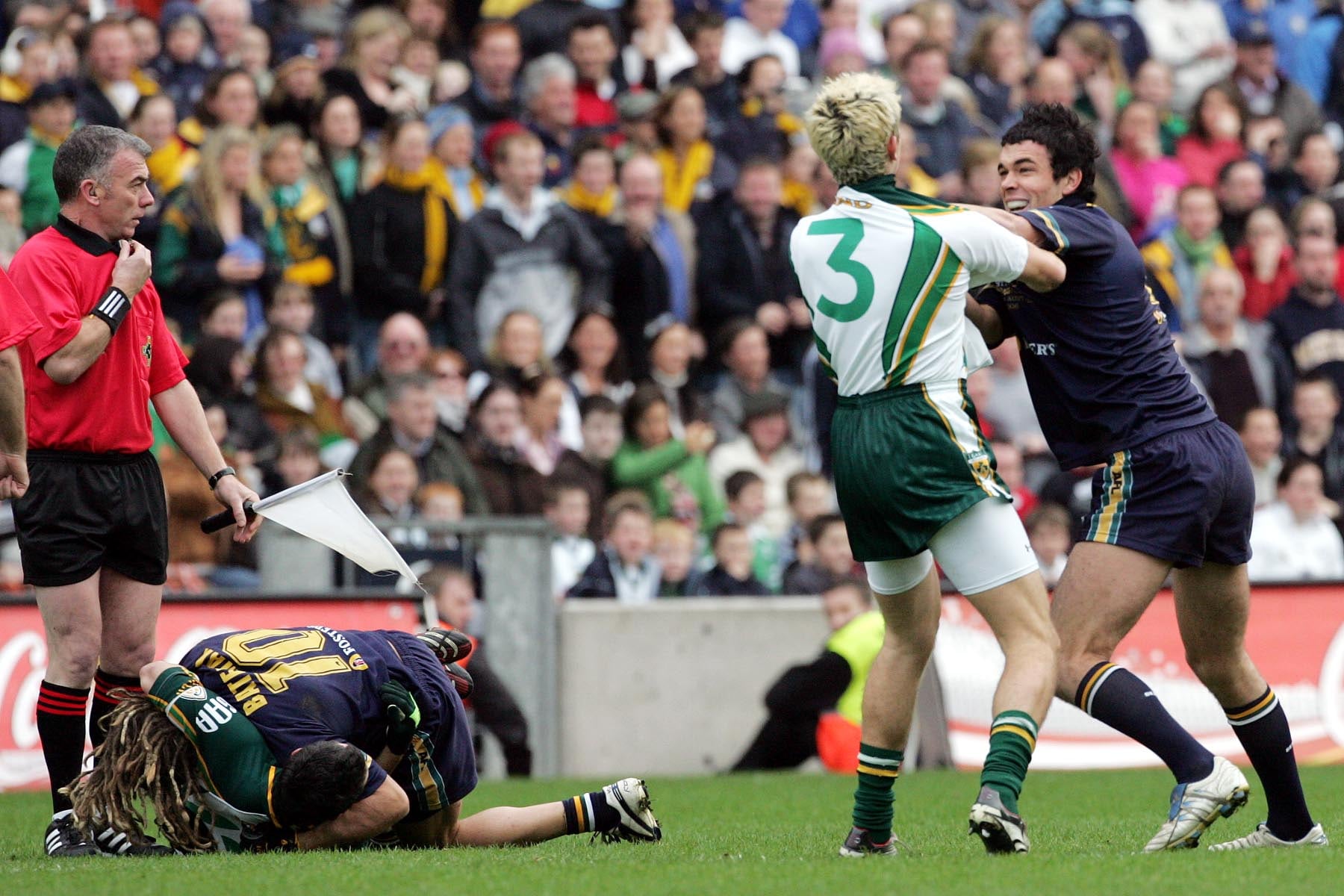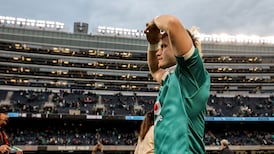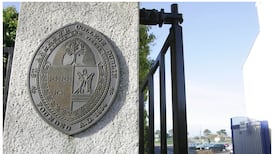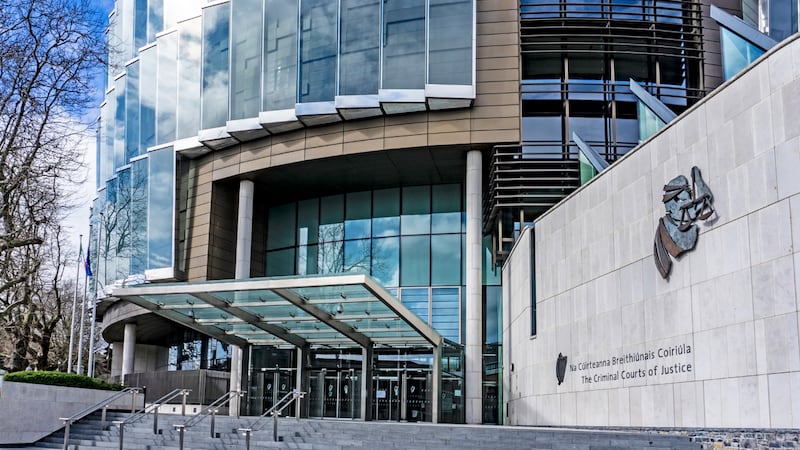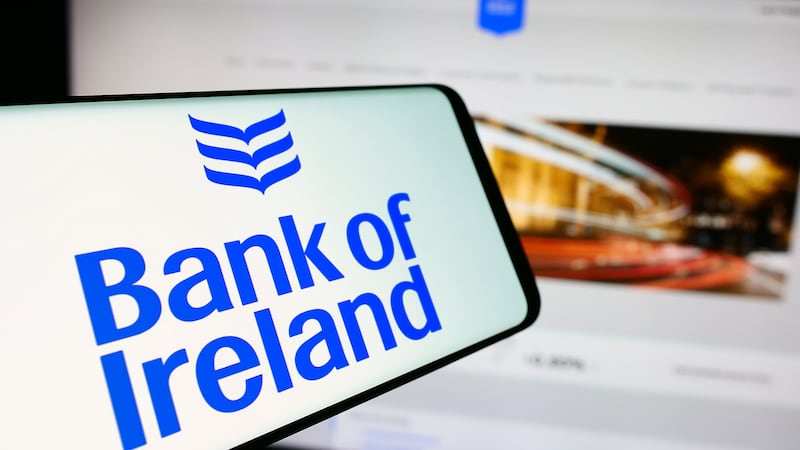Thomas “Juice” Gelardo is alleged to have run the “Texas hold ’em” operation at 147 Lexington Avenue in Manhattan on behalf of the Bonanno crime family. Investigators claim that he rigged the table with X-ray cameras and chip tray analysers, ensuring his own players wore bespoke contact lens or eyeglasses that could read pre-marked cards. Then, they say, he used celebrity associates to lure superstar athletes to the swanky address for high-stakes, highly illegal poker games. The only catch was the “whales” lured by the promise of potentially huge winnings entered a setting where everybody else in the room was mobbed up and the fix was in.
When the FBI arrested Gelardo the other week, he had $220,000 in cash, $500,000 resting in his bank account, and a Lamborghini worth $400,000. Some going for a lad with no record of meaningful employment whose runaround is a mere Mercedes-Benz G wagon. His lavish lifestyle offers some sense of the enormous sums of money being swindled from unnamed basketball stars in the corrupt card games. An NBA coach and a former player are accused of bringing some of their peers to Lexington Avenue and other venues to be bilked, but that scam represented only half of the scandal currently convulsing the sport. Another current player is charged with supplying inside information about injuries to assist those betting huge sums on basketball matches.
Shortly after news broke that the Portland Trail Blazers coach Chauncey Billups, the Miami Heat guard Terry Rozier, and retired journeyman Damon Jones had been arrested as part of the FBI investigation, ESPN’s talking heads discussed the issue on one of their many daily shows that are long on style but woefully short on substance. As the bloviators picked their way through the evidence, their attempts at serious analysis were undermined by the presence on the screen of a chyron advertising the wares of ESPN Bet. Difficult to listen to attempted tut-tutting about the corruptive impact of wagering when the network is simultaneously promising “bet $10, get $100”.

Eventually, somebody in the studio decided it might be best to delete the banner. Even more pathetic. Much like ESPN trying to retain credibility on these matters after trousering $2 billion for allowing its brand to be used for gambling, it was too little too late. The horse had long since bolted and most probably been offered at short odds by one of the many betting apps blighting every live broadcast. Watching any sport here now involves being bombarded by relentless promos offering the opportunity to take a punt on just about every aspect of a contest. Indeed, ESPN’s own hosts are often the pitchmen roaring the odds.
READ MORE
This is the type of yarn the mortified network used to be able to sink their journalistic teeth into. All the ingredients of an epic. An NBA storyline laced with a hefty dose of La Cosa Nostra and a supporting cast of ne’er-do-wells from the infamous Genovese, Gambino, Bonanno and Lucchese outfits. Some defendants sound like they were plucked straight from the pages of Elmore Leonard. Among the dramatis personae are “Spook”, “Vezino Locks”, “Sugar”, “Albanian Bruce”, “Spanish G”, “John South”, “Black Tony”, “The Wrestler”, “Niro”, “Peso”, “Scary Terry” and “Chum”. Names to conjure with.
ESPN and plenty of other television networks sounded ridiculous clutching their pearls, trying to effect serious in-depth coverage of a story striking at the integrity of the NBA. They can’t express indignation now when they and those who run the league long ago sold their souls to gambling corporations. What did they think was going to happen when they worked together to make it possible for individuals to bet on everything from the number of three-pointers to the length of the national anthem? Rozier’s Miami Heat even have an official gambling partnership with Betway. Did they really believe players, no matter how much they earn, could remain forever immune to this virus and the ludicrous sums of money swirling around the court?
One of the starkest differences between sports in the US and in Europe used to be that gambling was always regarded as a far bigger menace here than anything else, even worse than steroids, something still bizarrely reckoned to be a trifling offence. Seven years have passed since the US supreme court legalised sports gambling and changed all that. The ruling unleashed huge profits for betting companies, sports leagues and television networks, and transformed the games for the worse.
Beyond the gaudy numbers of a $13.7-billion-per-year industry, there has been a disturbing increase in the opprobrium heaped upon players by irate gamblers angry at a bad performance impacting their earnings. Worse again, ease of access to wagering via phones has caused a generation of teenagers to become addicted to throwing money at prop bets such as the number of free throws there will be in a game. A recent survey found 90 per cent of students in New York City high schools have already dabbled.
Despite alarm bells going off all across American sport, the grift goes on. In advance of their visit to the Green Bay Packers last Sunday, the Carolina Panthers posted a photograph on social media of Jimmy Horn Jr, their rookie wide receiver, alongside the over/under points total of 43.5. There was also a helpful link where fans were encouraged to bet that tally on FanDuel, the official gambling partner of the club. An accompanying hashtag read “Keep Pounding”. The game into the ground. Apparently.




